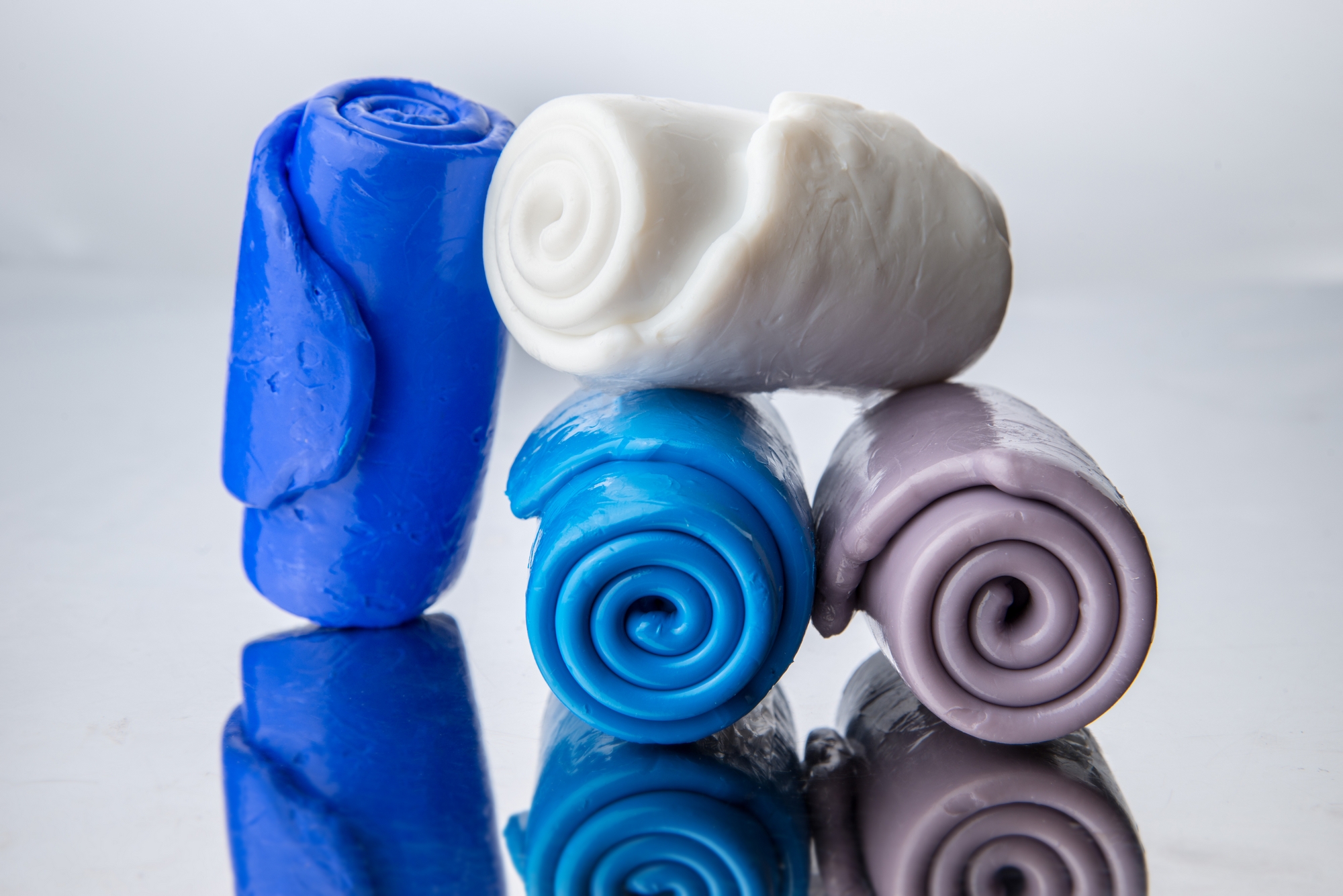1. Oil, Solvent, and Chemical Resistance
Fluorosilicone rubber exhibits exceptional resistance to oils, solvents, and chemicals compared to metyl vinyl silicone rubber. It even outperforms fluororubber in oil and solvent resistance. After immersion in the same medium at identical temperatures and durations, fluorosilicone rubber demonstrates superior durability. It is the only elastomer capable of withstanding non-polar media across a wide temperature range of -68°C to 232°C. Its resistance to methanol-blended gasoline is also remarkable: in gasoline/methanol mixtures, the hardness, tensile strength, and volume change of its vulcanized rubber remain minimal. Even after 500 hours of immersion testing, its physical properties show negligible degradation.
2. Thermal Resistance
Fluorosilicone rubber undergoes high-temperature decomposition similar to silicone rubber, involving side-chain oxidation, main-chain scission, and thermal degradation. Due to decomposition byproducts accelerating main-chain breakdown, its thermal resistance is slightly inferior to silicone rubber, with oxidative aging initiating at 200°C. However, adding small amounts of thermal stabilizers (e.g., iron, titanium, or rare-earth oxides) significantly enhances stability, enabling reliable performance even at 250°C. While temperature impacts fluorosilicone rubber more than silicone rubber, it remains more stable than fluororubber. Studies abroad confirm its longevity under prolonged exposure to 150°C × 2000h, 175°C × 5000h, and 200°C × 4000h, ranking second only to methyl vinyl silicone rubber.
3. Low-Temperature Performance
Fluorosilicone rubber retains excellent low-temperature flexibility akin to conventional silicone rubber. Its flexible Si-O backbone endows it with superior cold resistance compared to fluororubber’s C-C backbone. For example, fluorosilicone rubber LS-2370U achieves a brittle temperature as low as -89°C, far surpassing the typical fluororubber brittle point of -30°C.
4. Electrical and Radiation Resistance
Fluorosilicone rubber maintains electrical properties comparable to standard silicone rubber, with minimal degradation under harsh conditions (high/low temperatures, humidity, oils, solvents, chemicals, ozone). While its radiation resistance is not exceptional, it surpasses methyl vinyl silicone rubber in radiation aging resistance.
5. Mechanical Properties
Like conventional silicone rubber, fluorosilicone vulcanizates exhibit relatively low mechanical strength, particularly in tear resistance. Enhancing its strength remains a critical research focus.
6. Additional Characteristics
Weathering Resistance: Retains excellent performance even after 5 years of outdoor exposure.
Ozone Resistance: No cracking observed in dynamic or static ozone tests.
Biocompatibility: Demonstrates outstanding antifungal properties, physiological inertness, and anticoagulant performance.
